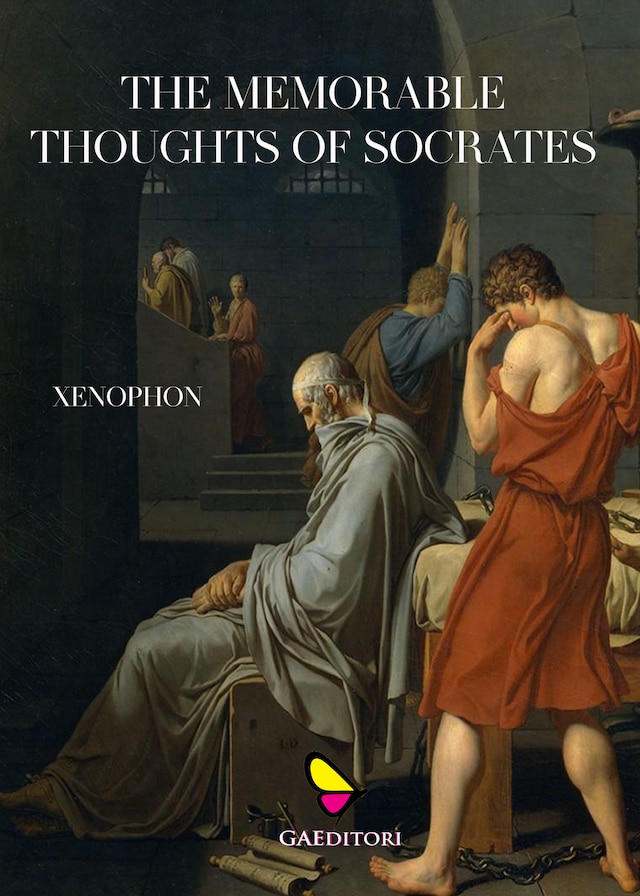
The Memorable Thoughts of Socrates
Beskrivning av boken
This translation of Xenophon’s “Memorabilia of Socrates” was first published in 1712, and is here printed from the revised edition of 1722. Its author was Edward Bysshe, who had produced in 1702 “The Art of English Poetry,” a well-known work that was near its fifth edition when its author published his translation of the “Memorabilia.” This was a translation that remained in good repute. There was another edition of it in 1758. Bysshe translated the title of the book into “The Memorable Things of Socrates.” I have changed “Things” into “Thoughts,” for whether they be sayings or doings, the words and deeds of a wise man are alike expressions of his thought.
Xenophon is said to have been, when young, a pupil of Socrates. Two authorities have recorded that in the flight from the battle of Delium in the year b.c. 424, when Xenophon fell from his horse, Socrates picked him up and carried him on his back for a considerable distance. p. 6The time of Xenophon’s death is not known, but he was alive sixty-seven years after the battle of Delium. But his best memorial of his old guide, philosopher, and friend is this work, in which Xenophon brought together in simple and direct form the views of life that had been made clear to himself by the teaching of Socrates. Xenophon is throughout opposing a plain tale to the false accusations against Socrates. He does not idealise, but he feels strongly, and he shows clearly the worth of the wisdom that touches at every point the actual conduct of the lives of men.
 Xenophon
Xenophon 186 Sidor
186 Sidor